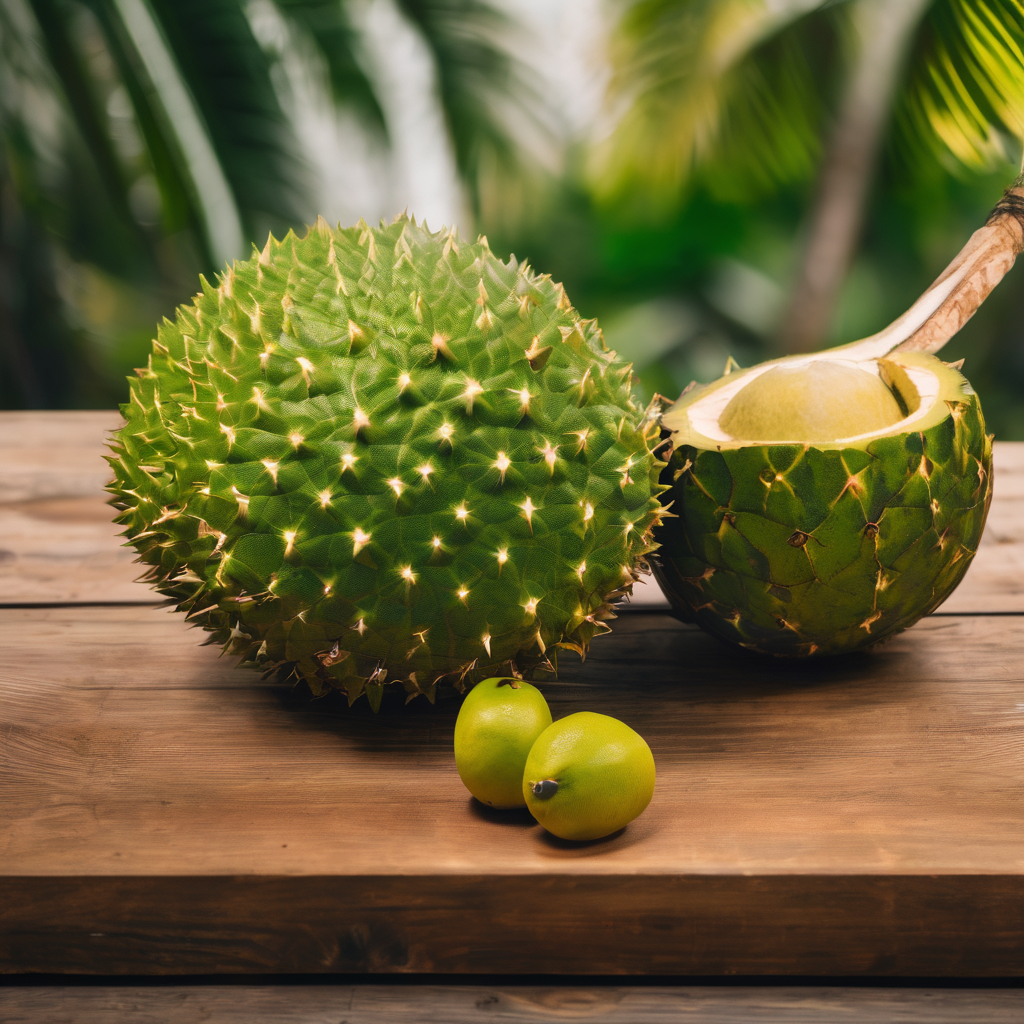The Pacific Islands are endowed with a wealth of edible biodiversity, but they are currently facing substantial challenges regarding nutrition and food security due to a heavy reliance on imported, processed foods. As climate change and evolving lifestyles continue to disrupt traditional food systems, the need to reconnect with native and underutilized food sources has become increasingly urgent.
The Periodic Table of the Food Initiative (PTFI) at The University of the South Pacific (USP) is stepping up to address these challenges by documenting, analyzing, and promoting the nutritional advantages of local food varieties. This initiative is pivotal in fostering healthier diets and enabling more sustainable food practices within the region.
The PTFI project is overseen by the Centre for Sustainable Futures’ Institute of Applied Sciences, backed by funding from several key organizations, including the Rockefeller Foundation, the Foundation for Food and Agriculture Research, Seerave Foundation, and the Bill and Melinda Gates Foundation. The primary objective of the project is to build a global database detailing the biomolecular composition of various foods, an essential resource for tackling a rise in diet-related diseases that contribute to one in five deaths worldwide.
USP’s status as one of nine global Centres of Excellence highlights its international recognition, which includes partnerships with educational institutions from around the globe, including the USA, Ghana, Colombia, Thailand, the Netherlands, Mexico, Ethiopia, and Australia. The project employs standardized scientific tools to evaluate native foods, encompassing root crops, fruits, and edible plants from the Solomon Islands, Vanuatu, Fiji, and Papua New Guinea. A significant focus includes the Edible Flora of Fiji, emphasizing the importance of mapping these underutilized plant species.
Dr. Vincent Lal, the principal investigator of the PTFI project, emphasizes that the initiative transcends mere laboratory work. “It’s about transforming how we understand, value, and utilize traditional foods to cultivate stronger, healthier communities,” he notes. The initiative aims to empower food sovereignty by scientifically validating the value of local food and shaping national nutrition policies and school feeding programs.
By minimizing dependence on processed, nutrient-deficient imports and preserving indigenous knowledge and biodiversity, the PTFI project aims to strengthen both cultural and nutritional resilience. Additionally, it is set to enhance research capabilities and create job opportunities for Pacific youth. Through this initiative, the region is not just safeguarding its rich culinary heritage but also paving the way for a healthier, data-driven future where edible biodiversity ensures food security and community wellness.
The PTFI project embodies a hopeful narrative for the Pacific Islands, as it brings together local knowledge and international support to foster sustainable practices while promoting the nutritional value of indigenous foods. This collaborative effort not only seeks to improve public health outcomes but also nurtures the regional economy by encouraging agricultural sustainability and community engagement.
